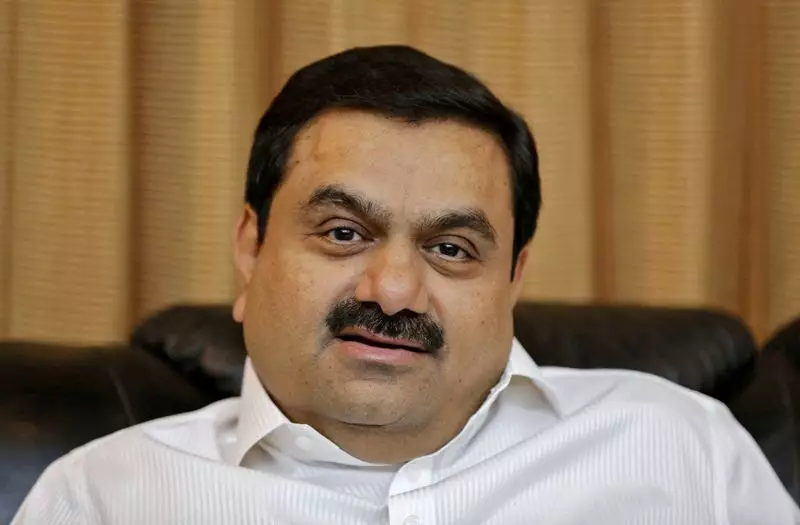The Adani Group, led by its founder Gautam Adani, is navigating turbulent waters following serious accusations from U.S. authorities regarding an alleged $265 million bribery scheme. This crisis marks a troublesome chapter for the conglomerate, which has seen rapid expansions in its ports-to-power business model. Adani’s first public response to these allegations, delivered during an awards ceremony on Saturday, emphasized the company’s dedication to ensuring top-tier regulatory compliance, while also insisting on the baseless nature of the allegations leveled against him and his associates.
Beyond the public relations fallout, these allegations could strain business relationships and disrupt ongoing operations. Major players such as TotalEnergies have already paused investments as they reassess their partnership with the Adani Group, and one Indian state is reportedly re-evaluating its power deal with the conglomerate. This scrutiny has also spilled into the political arena, with contentious discussions regarding Adani taking center stage in India’s parliament, highlighting the broader implications of these allegations not just for the company, but for Indian business and governance as well.
In his address, Adani expressed that challenges such as these are not new to the group, asserting that “every attack makes us stronger.” He framed the current crisis as a test of resilience for the company, suggesting that obstacles could be turned into opportunities for growth and reflection. This sentiment aligns with his past rhetoric, wherein he has consistently portrayed the Adani Group as a robust player in the global market, capable of weathering various storms. However, the financial ramifications are evident, with the group’s stock values suffering significant losses—up to $34 billion—before recovering some of that ground due to the support from partners and investors.
As the company maneuvers through these allegations, it has committed to pursuing all possible legal avenues to defend its reputation. The Adani Group’s finance chief publicly stated the allegations are unfounded, while the Indian government has indicated that it has yet to receive formal communication from the U.S. regarding the case. This lack of direct action from Indian authorities may reflect either a strategic stance or a wait-and-see approach as the legal intricacies unfold.
The Adani Group’s situation raises questions not only about corporate governance and compliance but also about the rapid dissemination of information in today’s digital age. Adani’s comments hint at a struggle against a tide of negativity, suggesting a deeper issue regarding public perception and trust in major corporations. The unfolding events illuminate the fragility of reputation in the corporate sphere, especially when heightened by significant governmental and international scrutiny.
Gautam Adani’s response signifies a commitment to both legal recourse and corporate resilience amidst challenging allegations. The situation remains complex, as the company and its stakeholders must navigate a landscape filled with uncertainty and potential ramifications for wider business ecosystems.

